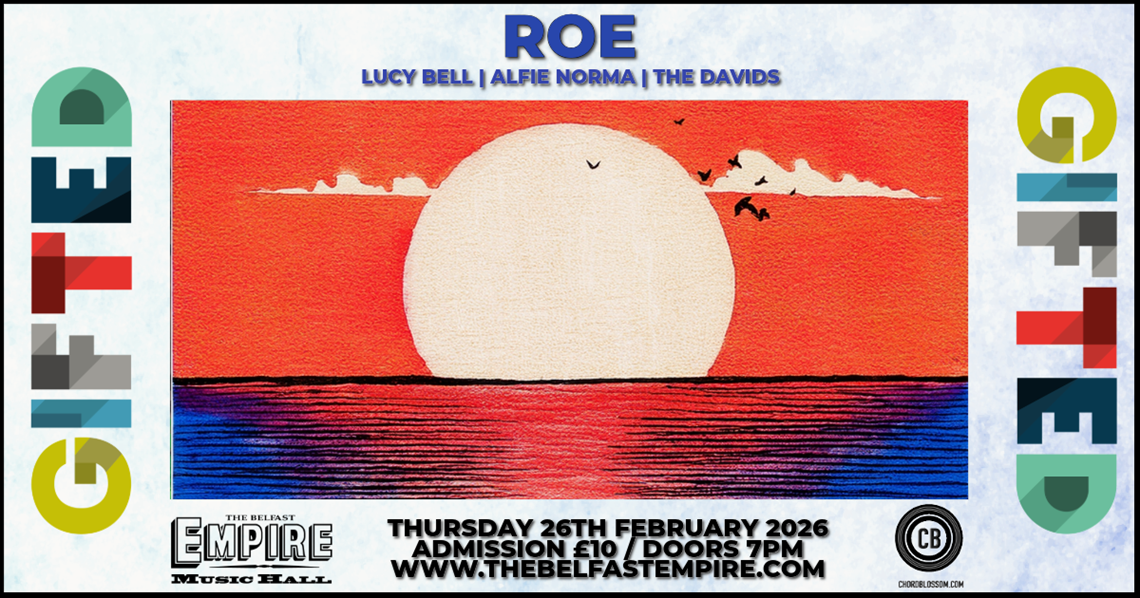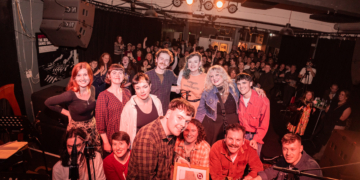It’s impossible to speak about Joel Harkin without mentioning how he’s become a central figure in the Belfast music scene. Prior to the lockdown he was featured on BBC Radio 1, nominated for a Northern Ireland Music Prize, hit multiple “top of 2019” lists, and played showcases in front of international music professionals. To be blunt, releasing the album Never Happy in the lockdown was risky considering the fact that he was on an upswing right before the world came to a halt. Many artists chose to put off releasing music which they would not be able to tour. If you listen to Never Happy you’ll understand why it had to be released.
Joel Harkin has branded himself around the recent trend of “sad boy” (sometimes referred to as “sad bois”) music. It’s been defined by The Atlantic as “an almost clinical approach to talking about depression and mental health.” Never Happy might not have these intentions but it’s the most straightforward way to explain the songs on the album. The first singles ‘No Recycling’ and ‘Vada’ show the two extremes. ‘No Recycling’ is harsh and defeating about what life is now: a dying earth no one will save, a sense of responsibility to parents, and a world consumed by wealth and property. Joel Harkin’s vocal build up matches the tension as every verse paints a darker picture. ‘Vada’ on the other hand is peaceful despite its melancholy in melody and distant happiness in its lyrics. Compared to ‘No Recycling’ his vocal energy is bound stronger into the instrumental melody.
Between these singles there are a handful of (not so) hidden gems. It starts out with the leading song, ‘Old Churches’ which sets the scene in Belfast as a city going through a sort of coming-of-age. ‘Lake Irene’ is another one of the gems. If you listen through the album you could believe the song is heartwarming and positive, even just by comparison to the rest of the album. It’s simply calming. You can’t get too comfortable because there’s still ‘Charlie and Deirdre’ to experience. The 7 minute song could be classified as a modern “sad boy” ballad with its grim take on modern relationships and haunting backing vocals.
So it’s understandable why the album was necessary in a time when everything and everywhere felt empty. The songs are stories about the internal conflicts that existed pre-lockdown.
Waiting to hear these songs live will be hard knowing the way Joel Harkin performs. Arguably, he’s even better entertaining a room. It’s a bit mind boggling how listening to the saddest of alt-folk tunes can produce that atmosphere, but needless to say Belfast is eager to hear the banter and stories that inspired the poetry in the album.








